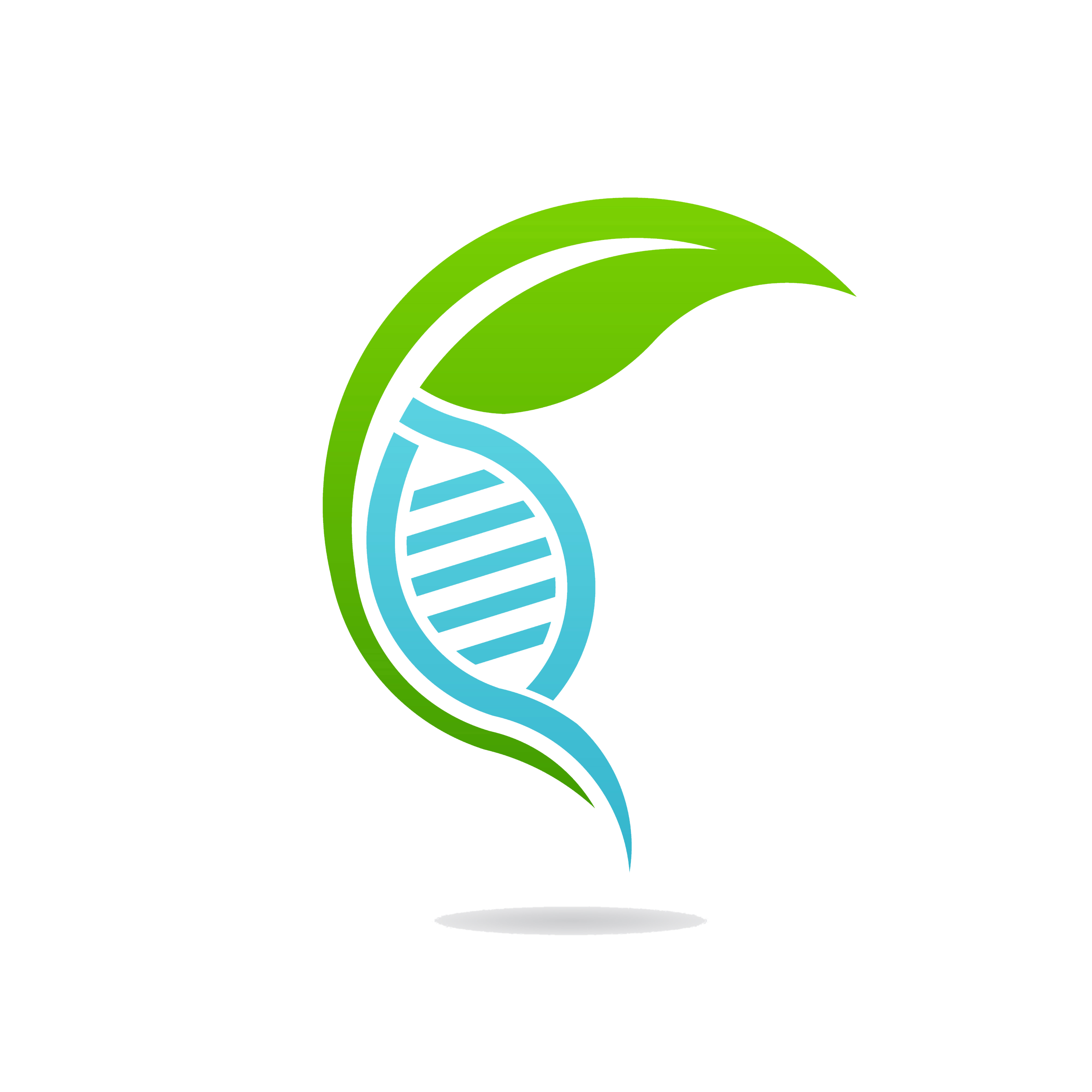Fresh Herbs Add so Much More Than Flavour
- Restore Equilibrium Naturally

- Jul 29, 2021
- 3 min read
Updated: Feb 13, 2023

Herbal medicine
When we read about the roots of both modern medicine and contemporary Western herbal practice, we often hear about Hippocrates and other Greek physicians of his era, around 400 BCE. In part that’s because Hippocrates and his fellow thinkers were some of the first to write down a system that separated medicine from religious practice; Hippocrates insisted that sickness originates in the physical body, rather than being caused by spiritual illness or punishment from gods.
While herbalism may have separated from conventional medicine, it certainly never went away. As folk medicine, traditional healing, or alternative care, many different types of herbal practice have continued to thrive. The use of herbs has now begun to enter conventional medicine as part of the integrative or functional medicine movement, and herbs are often used by licensed natural health practitioners.
And, of course, herbs are available all around us, not only in grocery stores but fresh herbs can also be grown in our gardens and backyards!
Fresh herbs are easy to grow and are often used for their medicinal properties.

Basil provides some macro nutrients, such as calcium and vitamin K, as well as a range of antioxidants. Antioxidants are essential for eliminating free radicals from the body. Free radicals are unstable molecules that develop as a result of metabolism and other natural processes. Scientists have linked cancer, rheumatoid arthritis, diabetes, and other health issues to oxidative stress. Growing tip: Basil thrives in warm temperatures and full morning sun. If you live in an area with scorching midday sun, try to give your basil light shade during the hottest time of day.
Thyme is known to have anti-inflammatory, antimicrobial, and antioxidant effects that may be useful in treating everything from intestinal infections to skin conditions. Thyme has also long been used as a home remedy for cough, bronchitis, and other respiratory conditions. Growing tip: Plant them in a sunny, exposed spot in your garden, or in decorative planters that can be moved around throughout the day to chase the light.
Oregano is widely recognized for its antimicrobial and anti-inflammatory properties . Oregano also contains compounds that may be effective against bacterial and fungal infections, inflammation, and pain, among other conditions . Growing tip:
Oregano loves the sun, so ensure that your placement has full, strong sun for strong flavor.
Garlic chives (also called Chinese chives) contain a small amount of choline. Choline is an important nutrient that helps maintain the structure of cellular membranes. Choline also helps with mood, memory, muscle control, and other brain and nervous system functions . Growing tip: Although chives are drought tolerant, it’s important to give them consistent watering throughout the growing season for high yields. Moisten the soil thoroughly when watering. Also be mindful when planting this herb, as it will take over your garden if the flowers are allowed to develop fully - the flowers scatter the seeds.
Turn an ordinary dinner into a burst of flavour with our Greek Marinade (with fresh herbs)
Yields about 1/2 cup
INGREDIENTS
85-100 mL of olive oil (cold-press, extra-virgin)
1 Tbsp. each: dry white wine and freshly squeezed organic lemon juice
2-3 garlic cloves, minced
1 Tbsp. red onion, chopped
1.5-2 Tbsp. each - leaves only (finely chopped): fresh thyme, basil, oregano and garlic chives
1 tsp. anchovy paste
1/4 tsp. each: freshly ground black pepper & coarse sea salt
PREPARATION
Whisk together oil, wine and lemon juice.
Add all other ingredients and mix together until well combine.
Add your favourite meat (uncooked) and let marinate for a few hours (best overnight).
Food handling safety tip: It is unsafe to reuse the same marinade which the meat has been macerating in. It is best to set some aside (prior to marinating the meat) for basting.
This information is not intended to provide any medical advice.
References:
Herbal history: Roots of western herbalism. Herbal Academy. (2021, February 1), https://theherbalacademy.com/herbal-history/.
MediLexicon International. (n.d.). Basil: Uses, benefits and Nutrition. Medical News Today, https://www.medicalnewstoday.com/articles/266425#benefits.
Growing basil plants: How to plant, care for & harvest basil: Fiskars. Gateway. (n.d.)., https://www.fiskars.com/en-us/gardening-and-yard-care/ideas-and-how-tos/planting-and-prep/growing-basil-planting-and-harvesting.
Wong, C. (2020, December 30). The use of Thyme in Alternative Medicne. Verywell Health, https://www.verywellhealth.com/the-benefits-of-thymus-vulgaris-88803.
Iannotti, M. (2021, July 26). How to grow thyme. The Spruce, https://www.thespruce.com/how-to-grow-thyme-1402630.
Leyva-López, N., Gutiérrez-Grijalva, E. P., Vazquez-Olivo, G., & Heredia, J. B. (2017, June 14). Essential oils of oregano: Biological activity beyond their antimicrobial properties. Molecules (Basel, Switzerland), https://www.ncbi.nlm.nih.gov/pmc/articles/PMC6152729/.
Rowles, A. (2020, July 7). 9 benefits and uses of Oregano Oil. Healthline, https://www.healthline.com/nutrition/9-oregano-oil-benefits-and-uses#The-bottom-line.
Old Farmer's Almanac. (n.d.). Oregano. Old Farmer's Almanac, https://www.almanac.com/plant/oregano.
MediLexicon International. (n.d.). Chives: Nutrition, benefits, and how to use. Medical News Today, https://www.medicalnewstoday.com/articles/275009#dietary-considerations.
Old Farmer's Almanac. (n.d.). Chives. Old Farmer's Almanac, https://www.almanac.com/plant/chives.



Comments